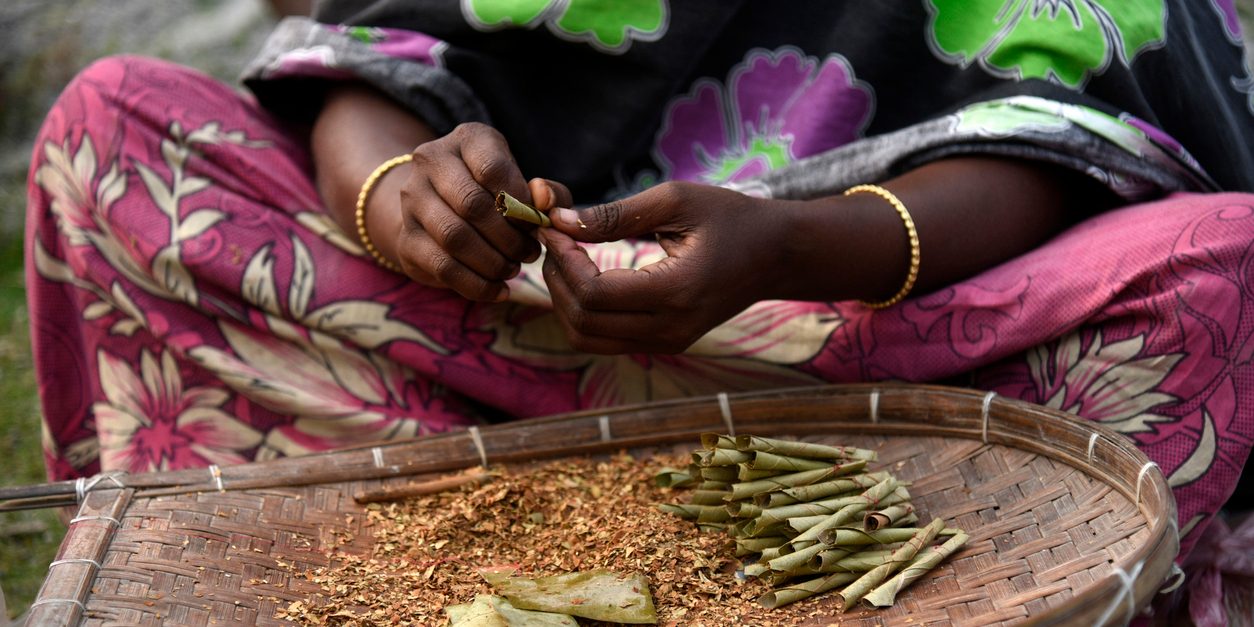2022 has been a significant year for The George Institute. As we emerged from the worst of the pandemic, our team has continued to deliver ground-breaking research across our strategic pillars of better care, better treatments and healthier societies. We’ve forged new research partnerships, initiated a program of work in Africa and welcomed new leadership across our offices.
As we get ready to kickstart new projects in 2023, here’s a look at this year’s research stories that got the most attention from our readers!
Time to shift research focus from ‘bikini medicine’ to what is really ailing women
A study led by Laura Hallam in March 2022 found that women’s health research remains disproportionately focused on the reproductive years - particularly on pregnancy – with few articles on the major causes of illness and death in women. The team concluded that there is much work to be done by journals, funders, and researchers to broaden understanding of women’s health, so that women of all ages are appropriately and effectively served by scientific research and the health benefits that result from it.
An apple a day on doctors’ orders keeps ill health away
Research led by Jason Wu in October found that fresh fruit and vegetables prescribed by doctors could be an effective way to improve the health of Australians with type 2 diabetes. Researchers at found that people with type 2 diabetes and high blood sugar who took part in a ‘produce prescription’ program over 12 weeks ate nearly two extra servings of fruit and vegetables a day, lost weight and improved their blood cholesterol levels.
‘Glass baby’ makes future parents think before they drink
A study by Simone Pettigrew published in September showed how a hard-hitting awareness campaign on the dangers of drinking during pregnancy successfully increased concerns about unborn babies’ exposure to alcohol and discouraged women from drinking while pregnant.
The campaign, featuring a glass mould of a fetus being filled with red wine through a glass placenta, also made the majority of those who saw it more likely to support others not to drink during pregnancy.
Best evidence yet that lowering blood pressure can prevent dementia
In October, a global study led by Ruth Peters provided the strongest evidence to date that lowering blood pressure in later life can cut the risk of dementia. Researchers hope the results will help in designing public health measures to slow the advance of dementia as well as informing treatment, where there may be hesitations around how far to lower blood pressure in older age.
George Institute researchers to benefit from new funding announced by Australian Government
In October, seven George Institute researchers were announced as recipients of the Government’s 2022 Investigator Grant scheme, designed to support emerging and established leaders in health and medical research across Australia to tackle our greatest health challenges.
The Institute’s successful projects encompassed a wide range of these challenges from better ways of treating cardiovascular disease and sepsis, encouraging uptake of salt substitutes, improving the food environment, reducing risks of drowning, and helping Aboriginal and Torres Strait Islander peoples into employment for better health and wellbeing.

















